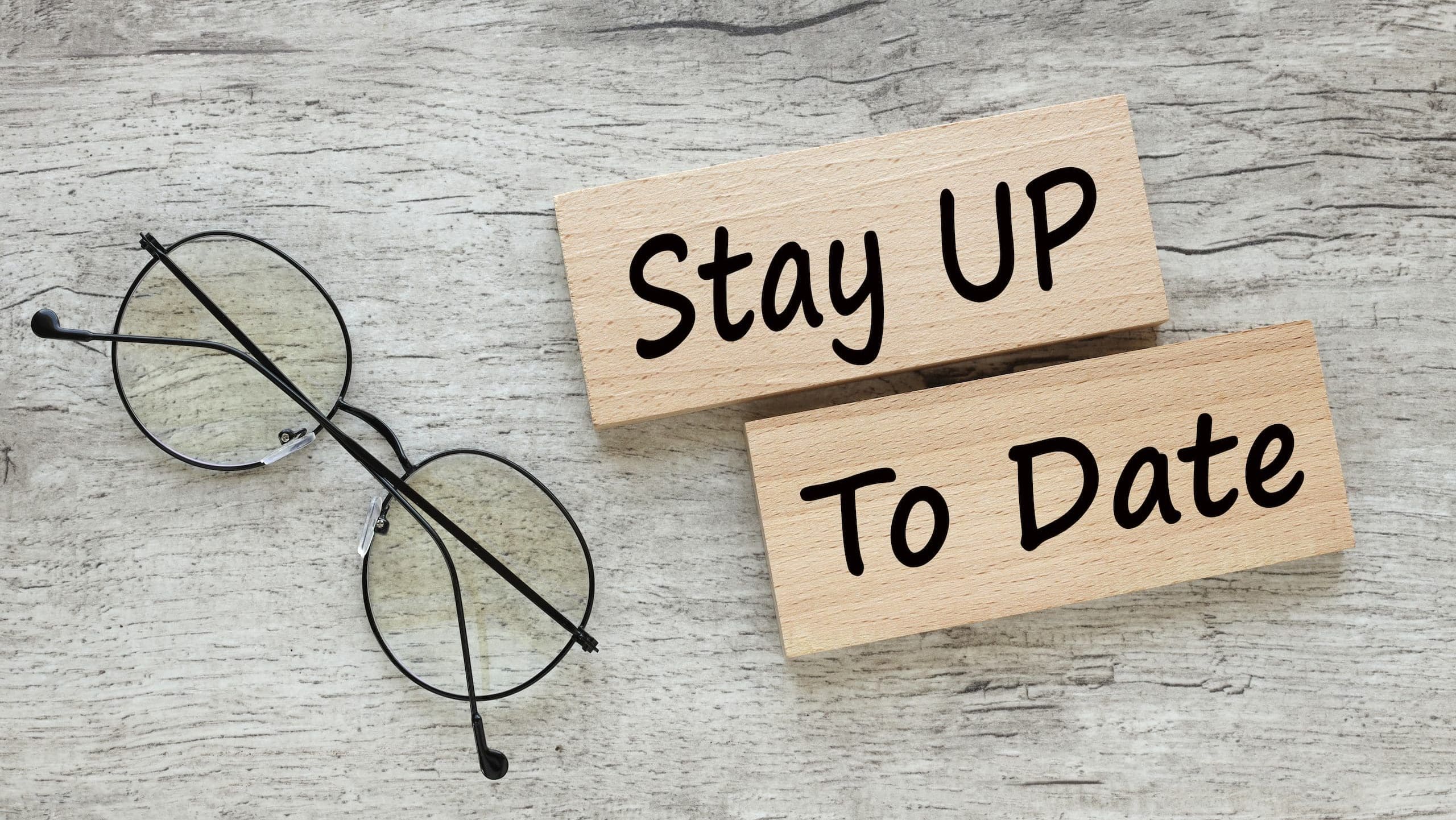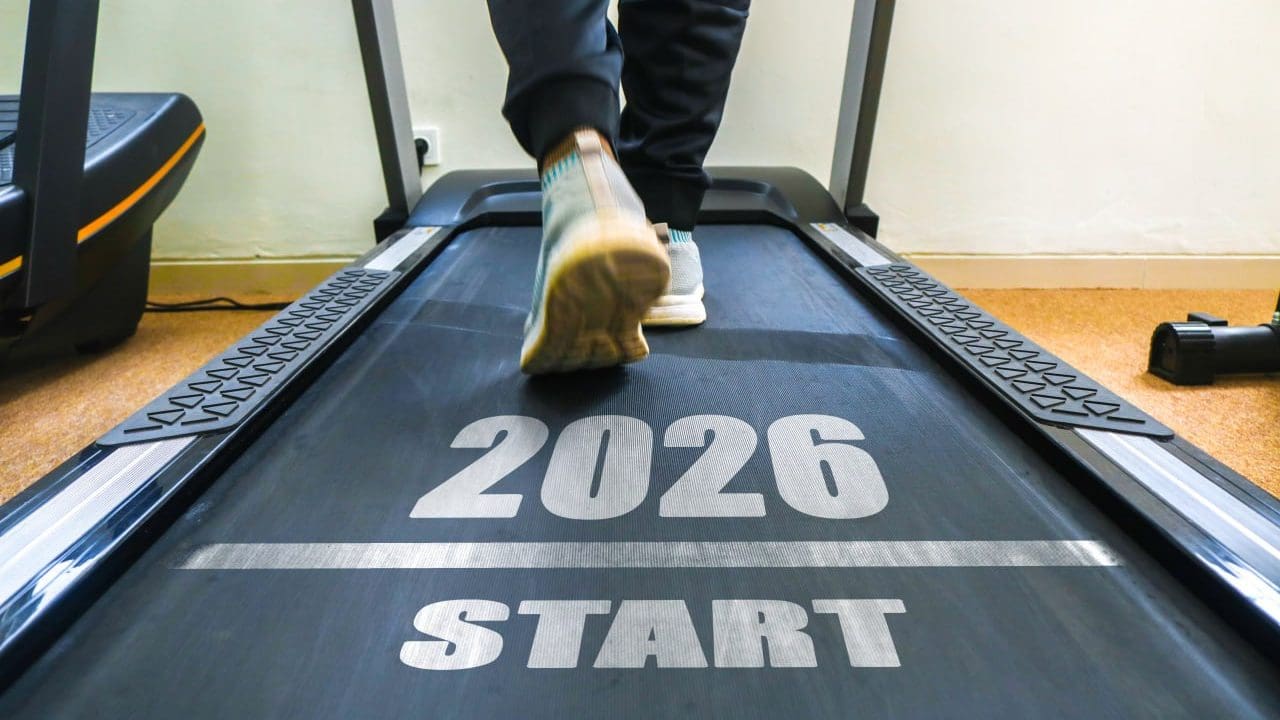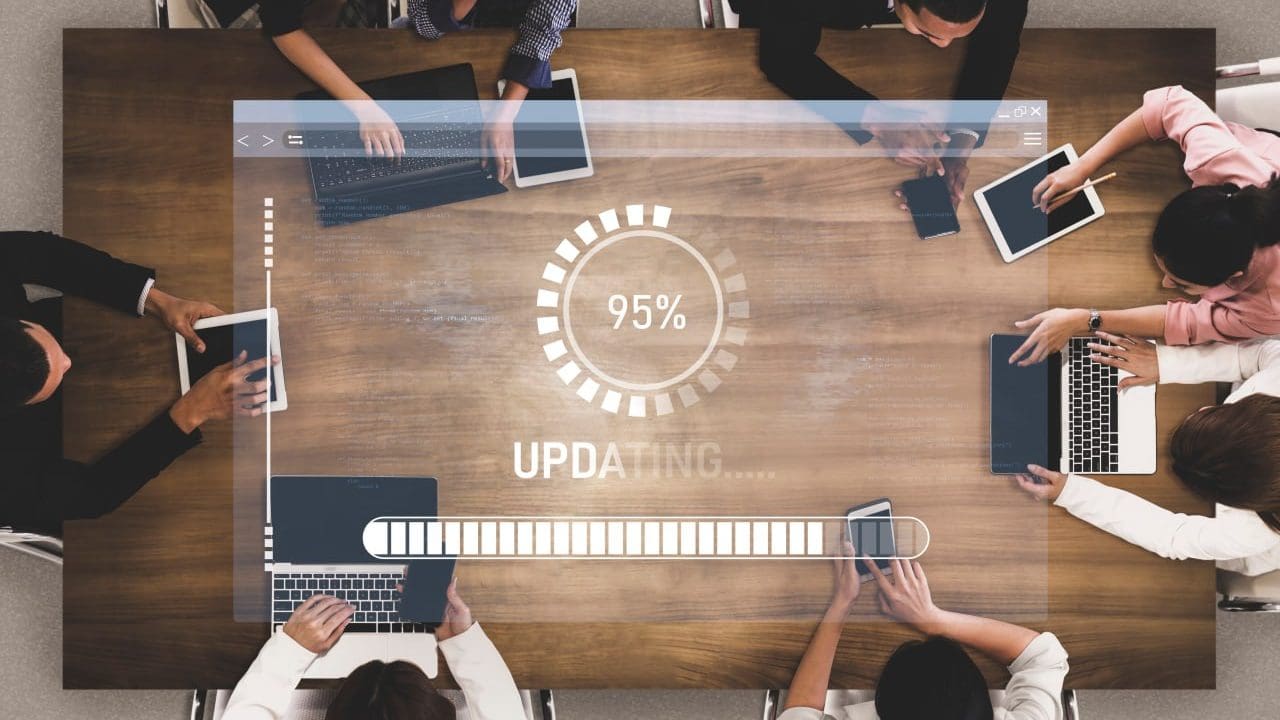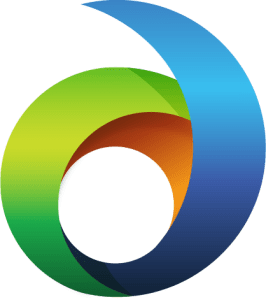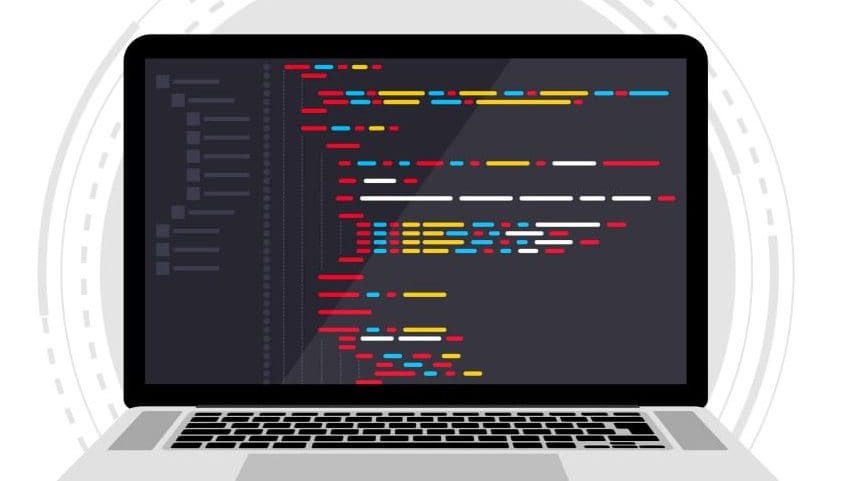
Building a website, creating an app, or automating boring tasks might seem out of reach, but it’s all possible by sharpening your programming skills. Coding isn’t just for experts anymore—it’s a skill that can solve problems, open up new job opportunities, and turn creative ideas into reality.
If you’re interested in coding but aren’t sure where to start, this guide is for you. We’ll show you some of the best programming languages for beginners. These are easy to learn and used in lots of real situations.
1. Python: The All-Purpose Language
If you pick just one language, try Python. It’s known for simple, easy-to-read code that looks like regular English. This makes it great for people who are new to coding. With Python, you can quickly start making basic programs.
Why Learn Python?
- Flexible: Python is used for many things, such as building websites, studying data, making AI and machine learning tools, and doing scientific research.
- Job Options: Many companies want workers who know Python, especially in tech, health, and finance jobs.
- Helpful Tools: Python has lots of free code (called “libraries”) that can do many hard things for you, like analyzing data or building websites.
Real-World Examples:
- Organizing files or entering data into a spreadsheet automatically.
- Studying stock market data to look for good investments.
- Running websites like Instagram and Spotify.
Getting Started:
You can learn Python on websites like Codecademy or Coursera. The official Python website also has good guides for beginners.
2. JavaScript: The Language of the Web
If you’ve ever clicked a button on a website, filled out a form, or seen something move on a webpage, that’s JavaScript at work. It’s the main language for making websites interactive. All modern web browsers can run JavaScript, so it’s a great skill if you want to build websites.
Why Learn JavaScript?
- Interactive Websites: JavaScript lets you make websites fun and easy to use.
- Do It All: With tools like Node.js, JavaScript can build both the parts of a website you see and the hidden parts that make it work.
- See Your Work Right Away: You can write JavaScript code and watch what happens right in your web browser.
Real-World Examples:
- Maps you can move and zoom in on travel websites.
- Search bars that guess what you’re typing.
- Social media pages that show new posts instantly.
Getting Started:
Websites like freeCodeCamp have step-by-step JavaScript lessons. The Mozilla Developer Network (MDN) is also a good, free resource.
3.HTML/CSS: The Building Blocks of the Web
Every website, from simple blogs to complex social networks, is built on a foundation of HTML and CSS. While they aren’t programming languages in the same way as Python or JavaScript, they are the essential first step for anyone interested in web development. Learning them is like learning the alphabet before writing a novel—it’s fundamental.
Why Learn HTML/CSS?
- The Structure and the Style: HTML (HyperText Markup Language) provides the basic structure of a webpage—the headlines, paragraphs, and images. CSS (Cascading Style Sheets) is then used to style that content, controlling colors, fonts, and layout. They work together to create visually appealing and organized websites.
- Beginner-Friendly: HTML and CSS have a very gentle learning curve. The syntax is straightforward, and you can see the results of your work instantly just by refreshing a web browser. This immediate visual feedback makes the learning process both fun and rewarding.
- A Gateway to Web Development: Understanding how to structure a page with HTML and design it with CSS is the starting point for more advanced web technologies, including JavaScript.
Real-World Examples:
- Creating a personal portfolio website to showcase your skills and projects.
- Building a simple, clean website for a small business or a club.
- Customizing the look and feel of a blog template.
Getting Started:
Platforms like freeCodeCamp and The Odin Project offer excellent, hands-on tutorials that guide you through building your first web pages from scratch. W3Schools is another fantastic resource for quick references and examples.
Final Thoughts: Start Your Coding Journey
Picking a first programming language is the start of a fun journey. Don’t stress about making the perfect choice—the important thing is to get started. The thinking skills you get from coding, like breaking down problems, will help you with any language you learn later.
Begin with small steps, keep going, and give yourself credit as you improve. Whether you want to build something cool, try a new job, or just learn, coding gives you the power to do more.
Share this Post




